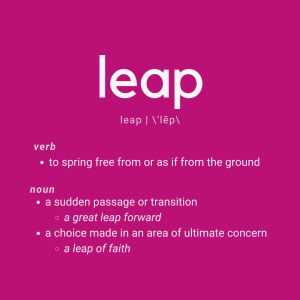It may seem ridiculous that you should have to ask employees to do their jobs – you’re paying them. But unless they have agreed to do those jobs it’s not clear that they will. It remains your tacit assumption.
In many ways it’s incensing to think that you should have to do this. You may be thinking something like, “In my day, we did as we were told and were grateful to have a job!” Yes. I know. But think about how it feels to be bossed around. How does it feel to have a boss or a co-worker who expects you to be psychic and meet his expectations without considering anything that you’re already working on? Doesn’t it feel different when your boss asks for your input on a task, tells you why the project is important and then asks if you can start on it at a specific time and finish it on a given date?
Giving clear direction in a respectful manner is not automatic for most of us. We were not taught how to do it – especially at work. The common workplace communication style equates being clear and direct with being harsh and authoritarian rather than curious and authoritative. One of the ways we show each other respect at work is to ask that things be done instead of ordering them to be done.
It can work like this:
- Ask if there is agreement: “The expectation is that you will ___” “Will you do that?”
- If not, why not? Move toward clarification and agreement on the expectation, but not dismissal.
- Confirm clarity and commitment
We ask “Will you do that?” after we have outlined what needs to be done and the expectations of how to do it. When an employee says yes and commits to the task, we have a point from which to work if he or she does not meet that commitment. If an employee decides not to do what he agreed to and has not communicated to you why the task is not done, he is not doing his job.

Create a Reference Point By getting clear agreement on expectations, you have a point in time to which you can refer when the task is or is not completed. When it is completed, thank the employee for her commitment to the job. If the job hasn’t been done, you can refer to her prior agreement and ask why she is not meeting her commitment.
Clarifying commitment to meet expectations gives you the means to measure whether your expectations are being met. It’s another step in communicating well and creating the behavioral change you want at work.
Up next: . This is frequently forgotten until it’s too late, but we need to remember that there is more than one brain working on every problem. Stay tuned.





